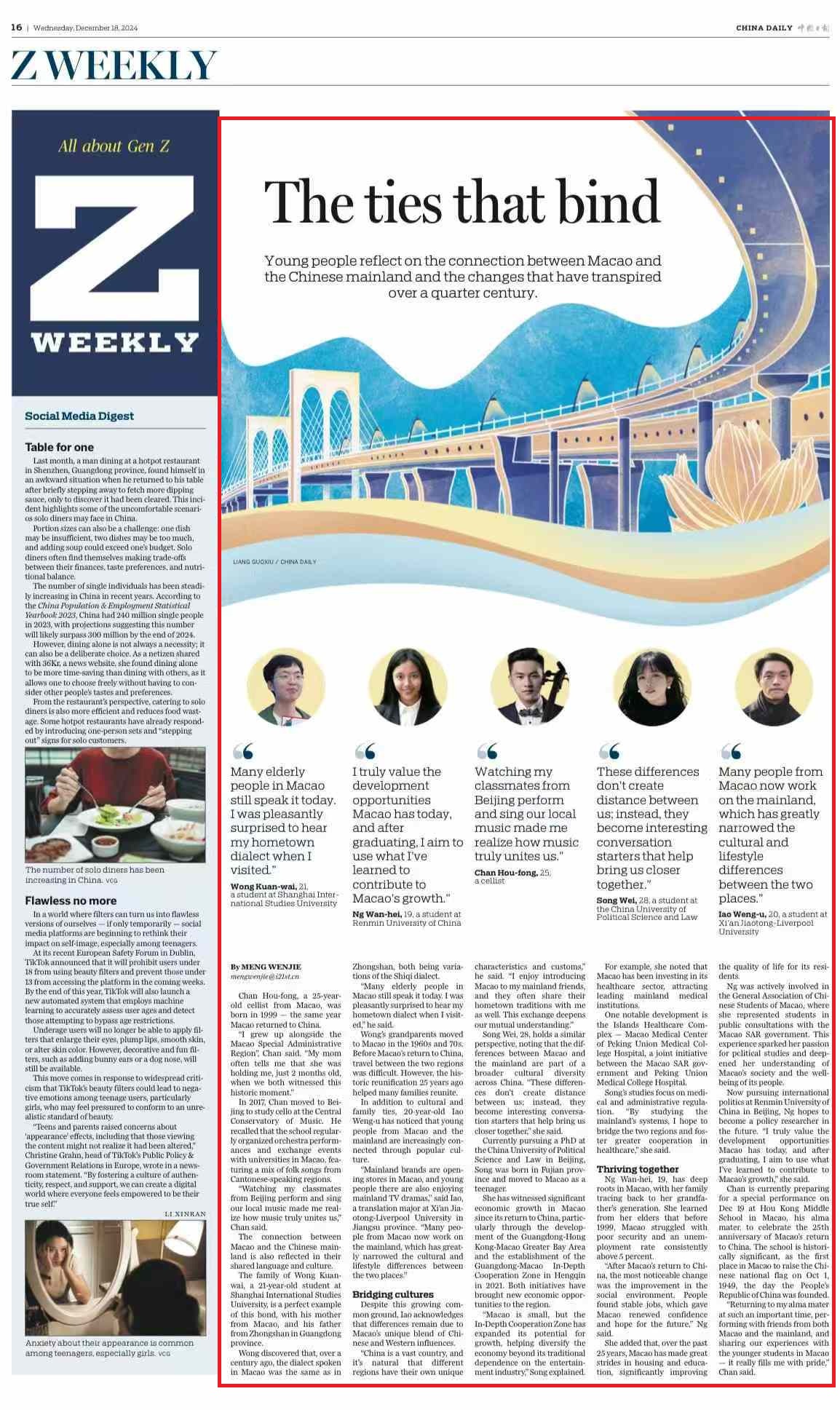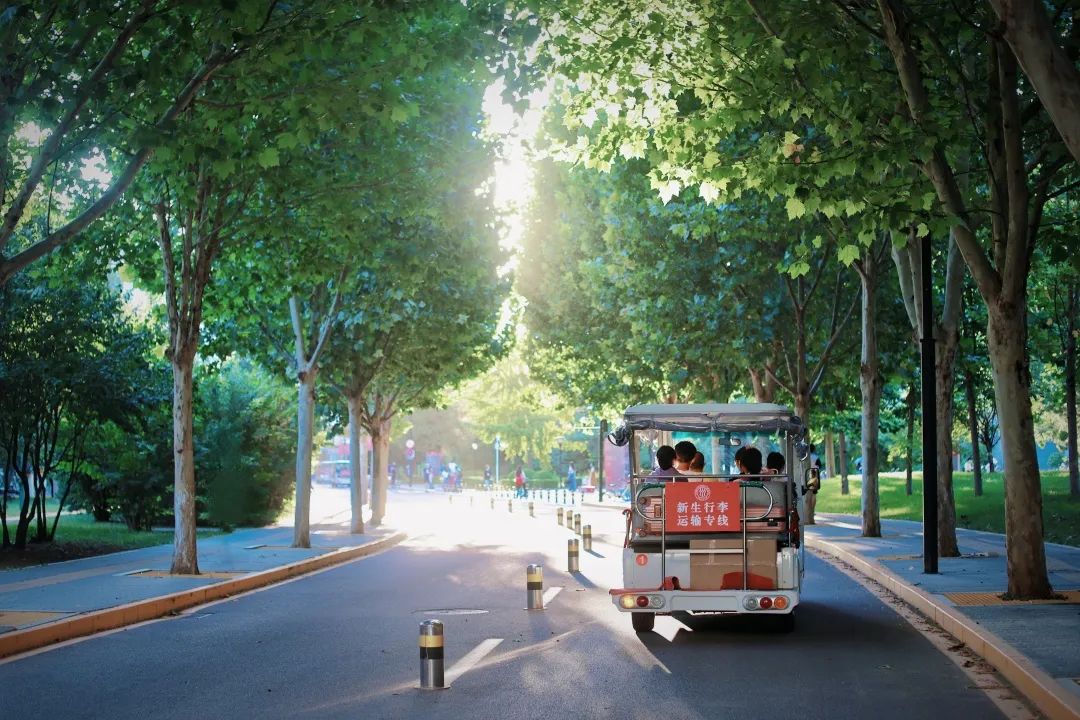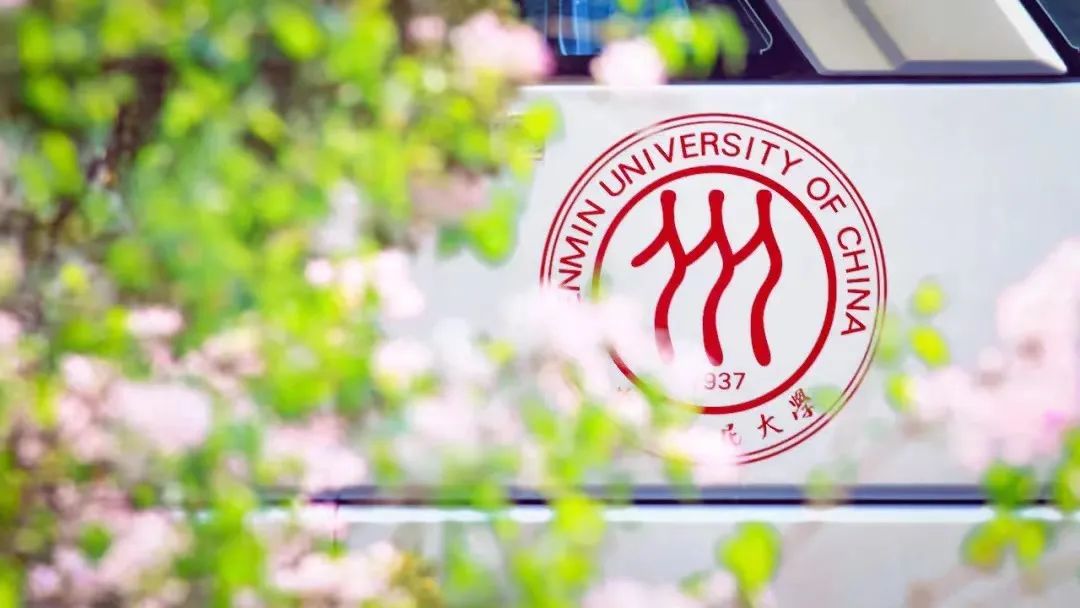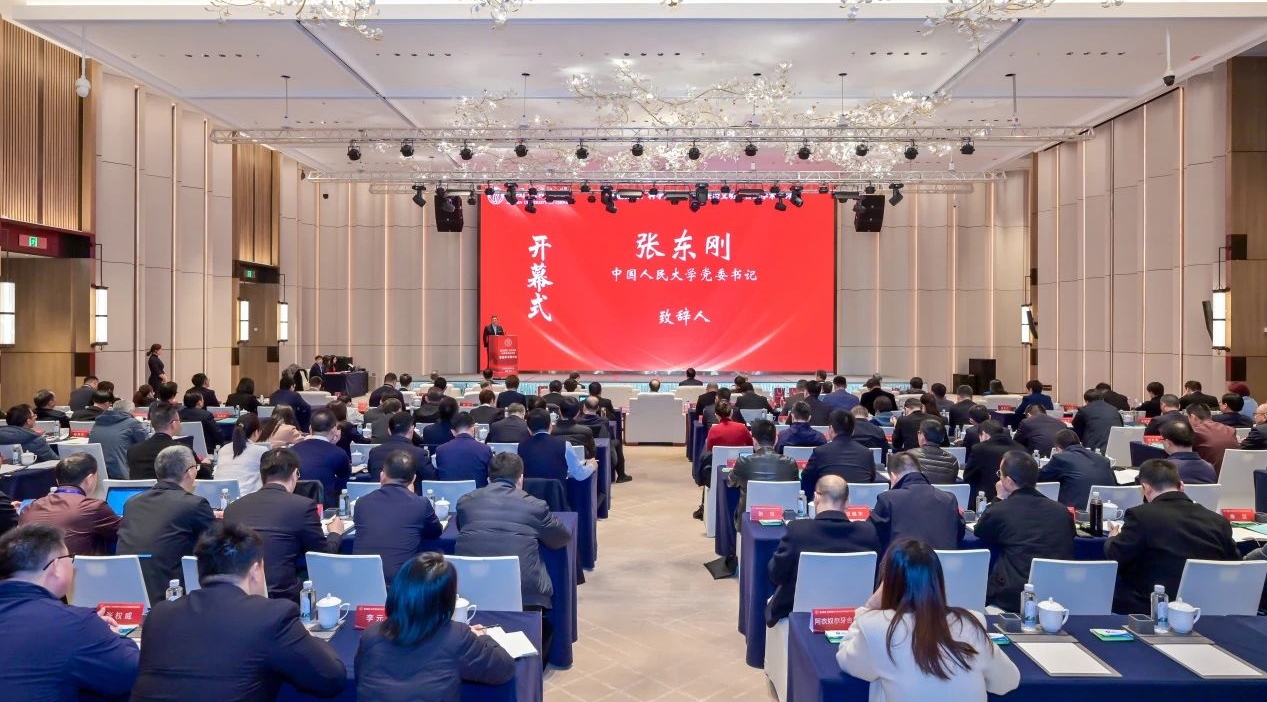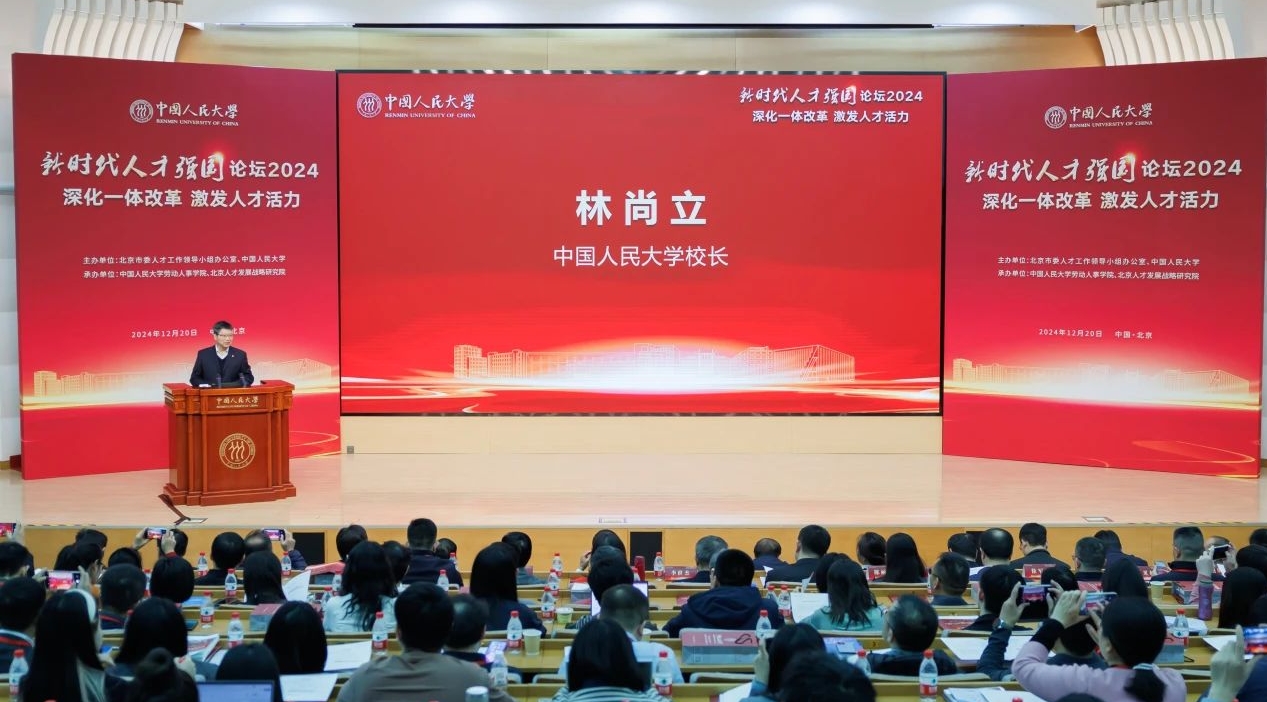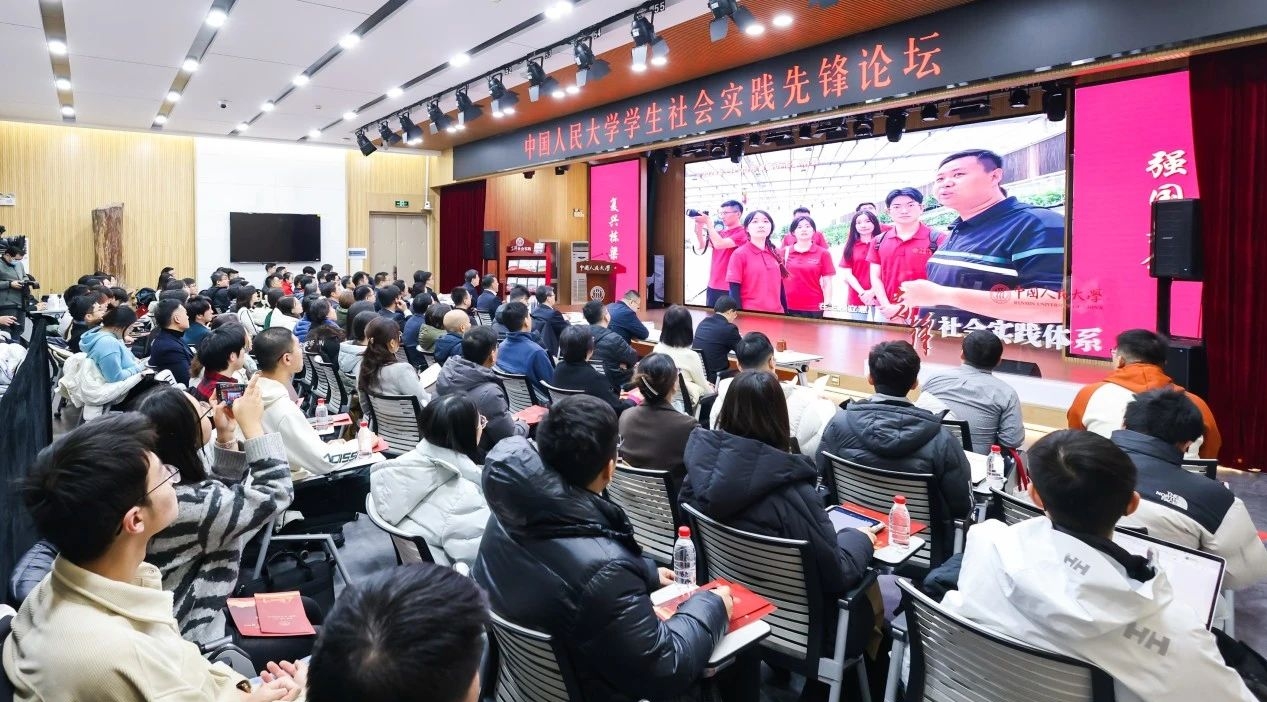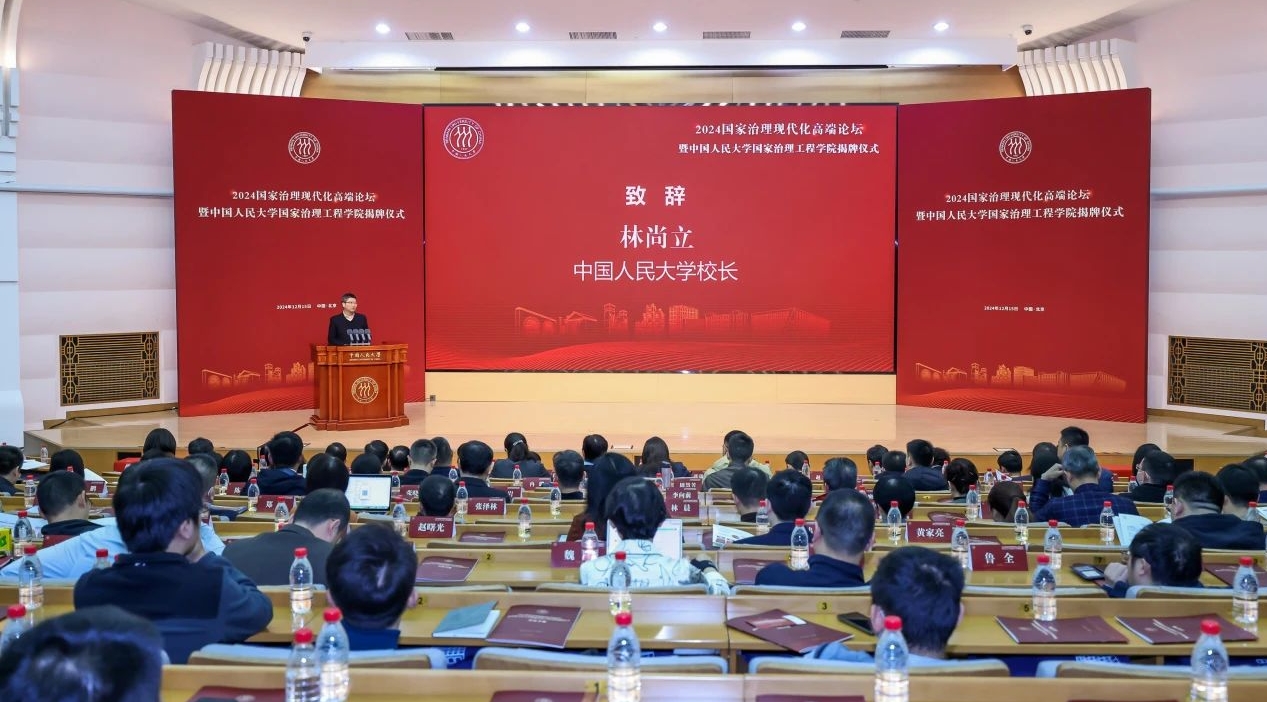Young people reflect on the connection between Macao and the Chinese mainland and the changes that have transpired over a quarter century.
Chan Hou-fong, a 25-year-old cellist from Macao, was born in 1999 — the same year Macao returned to China.
"I grew up alongside the Macao Special Administrative Region", Chan said. "My mom often tells me that she was holding me, just 2 months old, when we both witnessed this historic moment."
In 2017, Chan moved to Beijing to study cello at the Central Conservatory of Music. He recalled that the school regularly organized orchestra performances and exchange events with universities in Macao, featuring a mix of folk songs from Cantonese-speaking regions.
"Watching my classmates from Beijing perform and sing our local music made me realize how music truly unites us," Chan said.
The connection between Macao and the Chinese mainland is also reflected in their shared language and culture.
The family of Wong Kuanwai, a 21-year-old student at Shanghai International Studies University, is a perfect example of this bond, with his mother from Macao, and his father from Zhongshan in Guangdong province.
Wong discovered that, over a century ago, the dialect spoken in Macao was the same as in Zhongshan, both being variations of the Shiqi dialect.
"Many elderly people in Macao still speak it today. I was pleasantly surprised to hear my hometown dialect when I visited," he said.
Wong's grandparents moved to Macao in the 1960s and 70s. Before Macao's return to China, travel between the two regions was difficult. However, the historic reunification 25 years ago helped many families reunite.
In addition to cultural and family ties, 20-year-old Iao Weng-u has noticed that young people from Macao and the mainland are increasingly connected through popular culture.
"Mainland brands are opening stores in Macao, and young people there are also enjoying mainland TV dramas," said Iao, a translation major at Xi'an Jiaotong-Liverpool University in Jiangsu province. "Many people from Macao now work on the mainland, which has greatly narrowed the cultural and lifestyle differences between the two places."
Bridging cultures
Despite this growing common ground, Iao acknowledges that differences remain due to Macao's unique blend of Chinese and Western influences.
"China is a vast country, and it's natural that different regions have their own unique characteristics and customs," he said. "I enjoy introducing Macao to my mainland friends, and they often share their hometown traditions with me as well. This exchange deepens our mutual understanding."
Song Wei, 28, holds a similar perspective, noting that the differences between Macao and the mainland are part of a broader cultural diversity across China. "These differences don't create distance between us; instead, they become interesting conversation starters that help bring us closer together," she said.
Currently pursuing a PhD at the China University of Political Science and Law in Beijing, Song was born in Fujian province and moved to Macao as a teenager.
She has witnessed significant economic growth in Macao since its return to China, particularly through the development of the Guangdong-Hong Kong-Macao Greater Bay Area and the establishment of the Guangdong-Macao In-Depth Cooperation Zone in Hengqin in 2021. Both initiatives have brought new economic opportunities to the region.
"Macao is small, but the In-Depth Cooperation Zone has expanded its potential for growth, helping diversify the economy beyond its traditional dependence on the entertainment industry," Song explained.
For example, she noted that Macao has been investing in its healthcare sector, attracting leading mainland medical institutions.
One notable development is the Islands Healthcare Complex — Macao Medical Center of Peking Union Medical College Hospital, a joint initiative between the Macao SAR government and Peking Union Medical College Hospital.
Song's studies focus on medical and administrative regulation. "By studying the mainland's systems, I hope to bridge the two regions and foster greater cooperation in healthcare," she said.
Thriving together
Ng Wan-hei, 19, has deep roots in Macao, with her family tracing back to her grandfather's generation. She learned from her elders that before 1999, Macao struggled with poor security and an unemployment rate consistently above 5 percent.
"After Macao's return to China, the most noticeable change was the improvement in the social environment. People found stable jobs, which gave Macao renewed confidence and hope for the future," Ng said.
She added that, over the past 25 years, Macao has made great strides in housing and education, significantly improving the quality of life for its residents.
Ng was actively involved in the General Association of Chinese Students of Macao, where she represented students in public consultations with the Macao SAR government. This experience sparked her passion for political studies and deepened her understanding of Macao's society and the wellbeing of its people.
Now pursuing international politics at Renmin University of China in Beijing, Ng hopes to become a policy researcher in the future. "I truly value the development opportunities Macao has today, and after graduating, I aim to use what I've learned to contribute to Macao's growth," she said.
Chan is currently preparing for a special performance on Dec 19 at Hou Kong Middle School in Macao, his alma mater, to celebrate the 25th anniversary of Macao's return to China. The school is historically significant, as the first place in Macao to raise the Chinese national flag on Oct 1,1949, the day the People's Republic of China was founded.
"Returning to my alma mater at such an important time, performing with friends from both Macao and the mainland, and sharing our experiences with the younger students in Macao — it really fills me with pride," Chan said.
(原文刊载于《China Daily》2024年12月18日第16版。)
原文链接:[China Daily]The ties that bind
